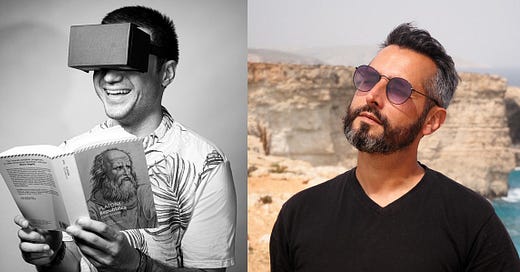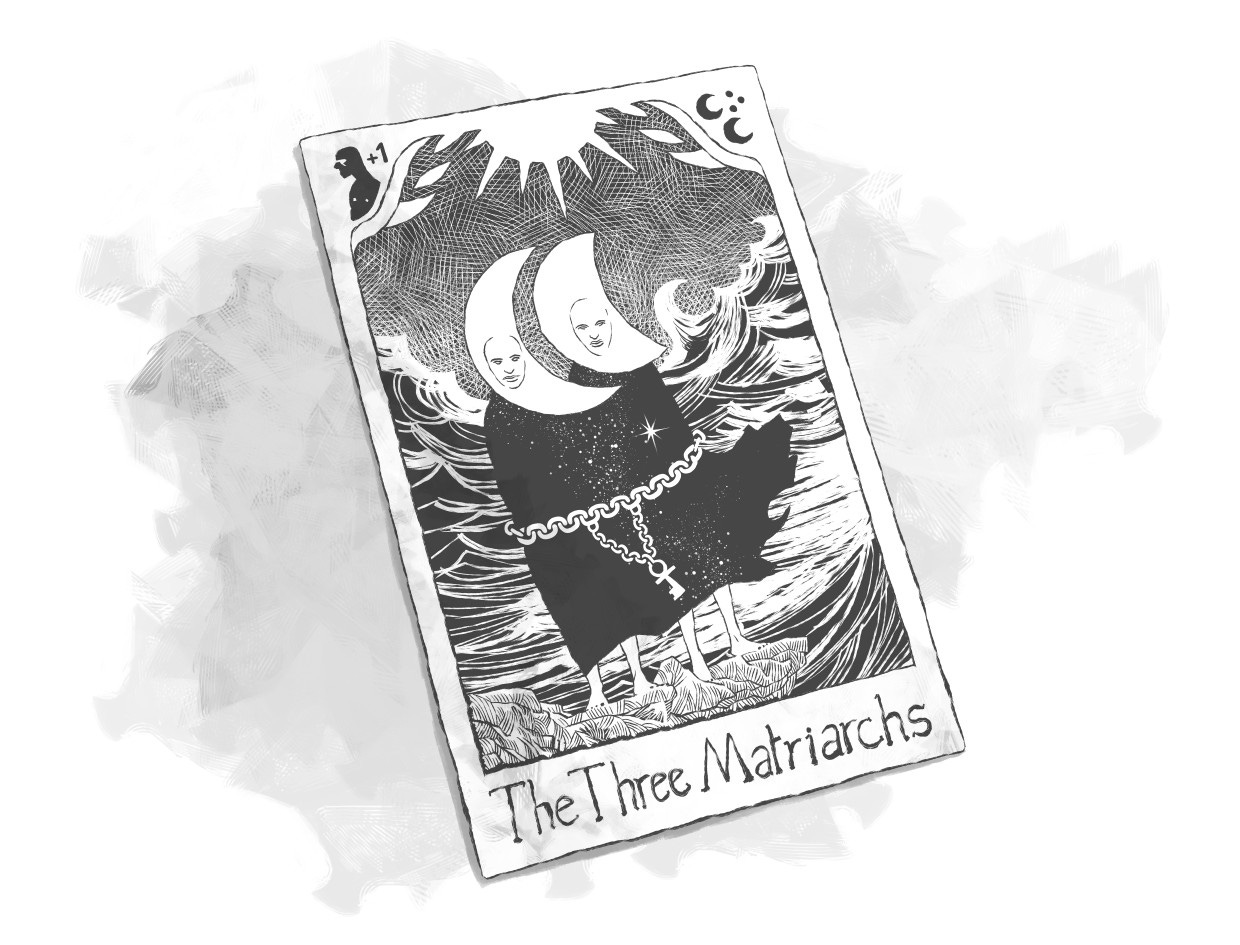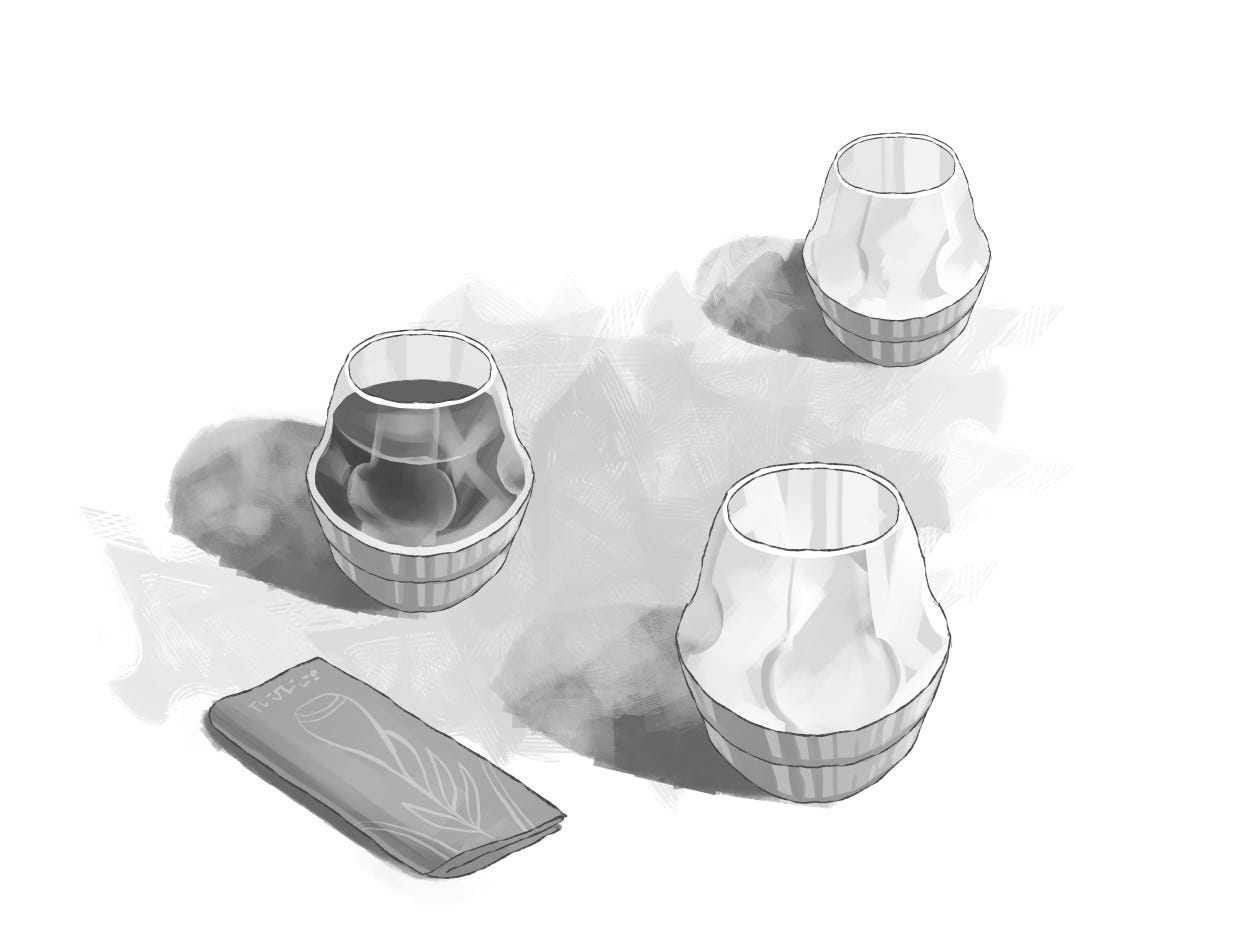Giacomo Pezzano (Università di Torino) & Stefano Gualeni (University of Malta), “How to Do Philosophy with Sci-Fiction: A Case of Hybrid Textuality”
Filosofia, 2024.
Philosophy through (Science) Fiction: What We Owe the Dead
According to Timothy Williamson, one of the most prominent scholars in the field of meta-philosophy, “philosophy is done almost entirely in words.” And even when “an occasional diagram may help, and some say (in words!) that wordless music, dance, painting, or sculpture can express philosophical ideas, […] to discuss the value of those ideas properly we must use words. […] language is the essential medium of philosophy” (2021, p. 103).
If it is true that the discipline of philosophy is often informally defined as the practice of thinking about how we think, then the discipline’s characteristic scepticism and continuous self-questioning should also turn to the very mediation of philosophy. Thinking philosophically, in other words, would not only be a matter of carefully examining what we think about, but also how we organize and present ideas. Are written texts really the essential medium of critical thinking? And assuming that this is the case, what kind of written text are we talking about? Writing comes in a variety of genres and styles. Is the essay format always the best fit for philosophical ideas? Fiction, as a case in point, is not often considered a legitimate form of philosophical (or academic) writing. And recognizing that science fiction can occasionally be philosophical, does not necessarily entail that we believe that academic philosophy can be pursued through science fiction. According to De Cruz et al., the average philosopher holds that their scholarly output consists in the linear exposition of rational arguments. From that standpoint, philosophical texts are generally expected to contain only small doses of storytelling that are usually confined to illustrative examples (2021, p. 1-8).
On the basis of those observations, my 2024 article with Giacomo Pezzano titled “How to do Philosophy with Sci-fi,” (Filosofia, 69, p. 251-267) reflects on the dominance of the theoretical essay in our professional practice. This institutional orientation appears particularly baffling in light of the fact that the philosophical toolbox contains several ‘as-if’ kinds of devices and often relies on aspects of fictionality. I am referring, for instance, to cases like thought experiments, conception extenders, intuition pumps, and various elements of counterfactual reasoning. On what grounds do we then exclude fiction or other expressive forms in favour of impersonal, linear reports of findings? (Cf. Friedrich Kittler’s 1981 idea of the media oblivion in philosophy).
In our article, Pezzano and I are not arguing that all of (Western) philosophy is now wedded to the theoretical essay format, or that it systematically dismissed other genres of writing throughout its history. While there is certainly a dominant institutional preference for the theoretical paper, our written canon clearly features a variety of textualities that go from the Socratic dialogues to Nietzsche’s philosophical fictions, to Kierkegaard’s novels and the work of the existentialists, all the way down to De Cruz et al.’s Philosophy Through Science Fiction Stories (2021) and my own philosophical games. What we argued, instead, is the professionalization of philosophy as an academic profession implicitly – and to some degree uncritically – adopted the format of the theoretical essay as its defining output. These essays target a readership that is both professionally literate and solely conceived as rational subjects. This angelic audience arguably expects to be informed through logical and dispassionate argumentation, and not personally and sensuously involved in a reading experience. What they need are insights and tools that will be useful in the collaborative enterprise of building the edifice of philosophical knowledge (that is, writing more papers for other disembodied readers).
Believing that being a philosopher (or a humanities scholar in general) requires writing these types of texts amounts to artificially limiting one’s expressive possibilities and communicative reach. Accepting the idea that theoretical essays are the essential medium of philosophy also ignores the fact that the history of the discipline already does feature almost all of the major recognized textual genres. While for most of the Western tradition the literary form of philosophical works was not assumed in advance, being a philosopher today requires one to embrace the homogeneity of the theoretical paper, with the main alternative being the theoretical monograph (conceived as an extended version of the essay). This conformism fosters a ‘monoculture’ of philosophical outputs, and inevitably encourages a kind of orthodoxy in philosophical though.
To be sure, my 2024 article with Giacomo Pezzano does not condemn professionalization and its requirements such as evaluability, employability, and so on. Nevertheless, we argue that any process of knowledge institutionalisation needs to be wary of methodological conformism, and writing conventions should not become prescriptions that might invite forms of epistemic injustice. Having critiqued the scholarly dominance of the theoretical essay, this post now turns to alternative philosophical writing by offering a few reflections on my own practice, and my first-hand attempts to deviate from canonical, professional texts.
In an earlier New Works in Philosophy post, I presented my science-fiction novella The Clouds (Routledge, 2023) as an attempt at doing written philosophy in unconventional ways. The Clouds was discussed as an experimental case of hybrid philosophical textuality (leveraging fiction parts, essay components and meta-philosophical bits). In this new post, I want to further exemplify the philosophical possibilities of fiction through another work of mine, a recently-published detective novel titled What We Owe the Dead.
Like The Clouds, this new experiment in theory-fiction attempts to creatively and effectively combine theory and fiction. Whereas The Clouds consisted in an existential reflection on the simulation hypothesis (i.e. the possibility that we are living within an artificial subset of reality), What We Owe the Dead focuses on the survival of the human race in the aftermath of an ecological catastrophe. Its sci-philosophical attention focuses on three themes in particular:
· the personhood (both ethical and legal) of artificial intelligences,
· the philosophical and narrative uses of games within fictions, and
· our duties towards our predecessors (i.e. the titular ‘dead’).
Central to the plot of What We Owe the Dead is the discovery of a strange board game of extra-terrestrial origin. My new attempt at philosophical fiction is not only about games but, in a loose sense, the novel itself is a sort of game. In discussing mystery fiction as a kind of playful engagement, it might be interesting to mention that a 1985 essay, titled “The Detective Story: A Case Study of Games in Literature,” philosopher and play theorist Bernard Suits proposed a small taxonomy of ways in which a literary work can “correctly”—that is, non-metaphorically—be considered a game-like artefact (1985, p. 200). Within the same scholarly tradition, Peter Hutchinson wrote on the topic of literary play, encompassing both playful writing and the possibility of a ludic relationship between the author and the reader. In his 1983 text, Games Authors Play, Hutchinson suggests that “a literary game may be seen as any playful, self-conscious, and extended means by which an author stimulates his reader to deduce or to speculate, by which he encourages him to see a relationship between different parts of the text, or between the text and something extraneous to it” (1983, p. 14). Curiously, none of these prior authors has explicitly advanced the claim that playfulness can be a catalyst to speculative philosophical endeavours or, inversely, that philosophy can itself be considered an inherently ludic pursuit. These are not only perspectives that I wholeheartedly embrace in my daily work as an academic philosopher, but are the specific beliefs that underpinned the whole project of What We Owe the Dead. The book is conceived as a ludic and speculative experiment—an attempt to marry philosophical inquiry with narrative fiction. Through deliberate playfulness and structural ambiguity, it was written to challenge readers to engage with questions concerning personhood, mortality, duty ethics, and our existential relationship with technology and games.
Does What We Owe the Dead manage to effectively and meaningfully integrate theory and fiction? Does it invite a level of critical engagement comparable to that of more canonical forms of philosophical writing? Will it stimulate scholars and philosophy enthusiasts to reconsider their textual habits and possibilities for mediation? Whether this new experiment of mine succeeded is something I must leave to readers to decide. Have fun!
Works cited
De Cruz, Helen, Johan De Smedt, and Eric Schwitzgebel, eds. 2021. Philosophy Through Science Fiction Stories: Exploring the Boundaries of the Possible. London-New York-Oxford-New Delhi-Sydney: Bloomsbury.
Gualeni, Stefano 2023. The Clouds: An Experiment in Theory-Fiction. New York: Routledge.
Gualeni, Stefano 2025. What We Owe the Dead. Eindhoven: Set Margins’ Press.
Hutchinson, Peter. 1983. Games Authors Play. London: Methuen.
Kittler, Friedrich A. 1981. “Forgetting”. Discourse, 3, pp. 88-121.
Pezzano, Giacomo and Gualeni, Stefano 2024. “How to Do Philosophy with Sci-Fiction: A Case of Hybrid Textuality”. Filosofia, 69, pp. 251-266.
Suits, Bernard H. 1985. “The Detective Story: a Case Study of Games in Literature”. Canadian Review of Comparative Literature / Revue Canadienne de Littérature Comparée, pp. 200-219.
Williamson, Timothy 2021. Philosophical Method: A Very Short Introduction. Oxford: Oxford University Press.









This is great to read, and I will look up the pieces mentioned here. Now that I have reached mid-late career, I have essentially given up doing academic writing. My efforts are turning toward public philosophy… and philosophy through science fiction. Currently in the throes of final edits on a novel about gods, multiverses, and the simulation hypotheses.
tang